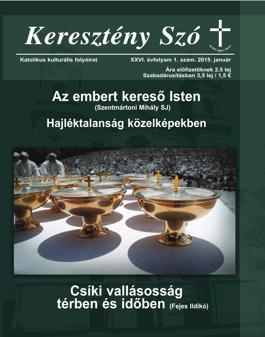
We kindly inform you that, as long as the subject affiliation of our 300.000+ articles is in progress, you might get unsufficient or no results on your third level or second level search. In this case, please broaden your search criteria.


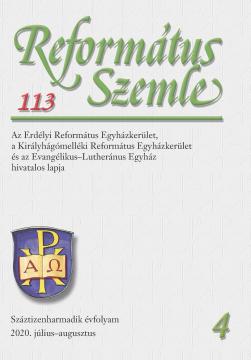
Jürgen Moltmann unfolds the creative dialogue of theology and natural sciences along the subjects of creation and evolution. The earlier mechanistic and deterministic worldview collapsed as a result of the scientific discoveries of the 20th century. Moltmann observes a surprising parallel between the scientific theory on the one hand, and the Christian teaching about creation eschatologically oriented towards the future of God, on the other.
More...
The paper deals with St Maximus’ Ambiguum 14 in which this Byzantine theologian interprets a paragraph from the famous First theological oration of St Gregory the Theologian. By way of comparison, the Cappadocian states that Eunomian theological discussions are misplaced in the same manner as doing geometry would be in the time of mourning. Maximus faced a rather difficult task of interpreting this odd comparison. In response to this challenge, he offered several different interpretations, admitting that he would be grateful to anyone who might offer a better solution of this ambiguity. Some scholars who dealt with the text criticism of this very oration did precisely this by suggesting that ‘the geometry’ (γεωμετρία) represented a lapsus calami which replaced the original phrase ‘the immoderate laughter’ (γέλω ἀμετρία), while others refused to accept their proposal. Reflections are offered in conclusion on the authority present in the patristic texts, both in case of Maximus as well as in the case of contemporary patristic scholars.
More...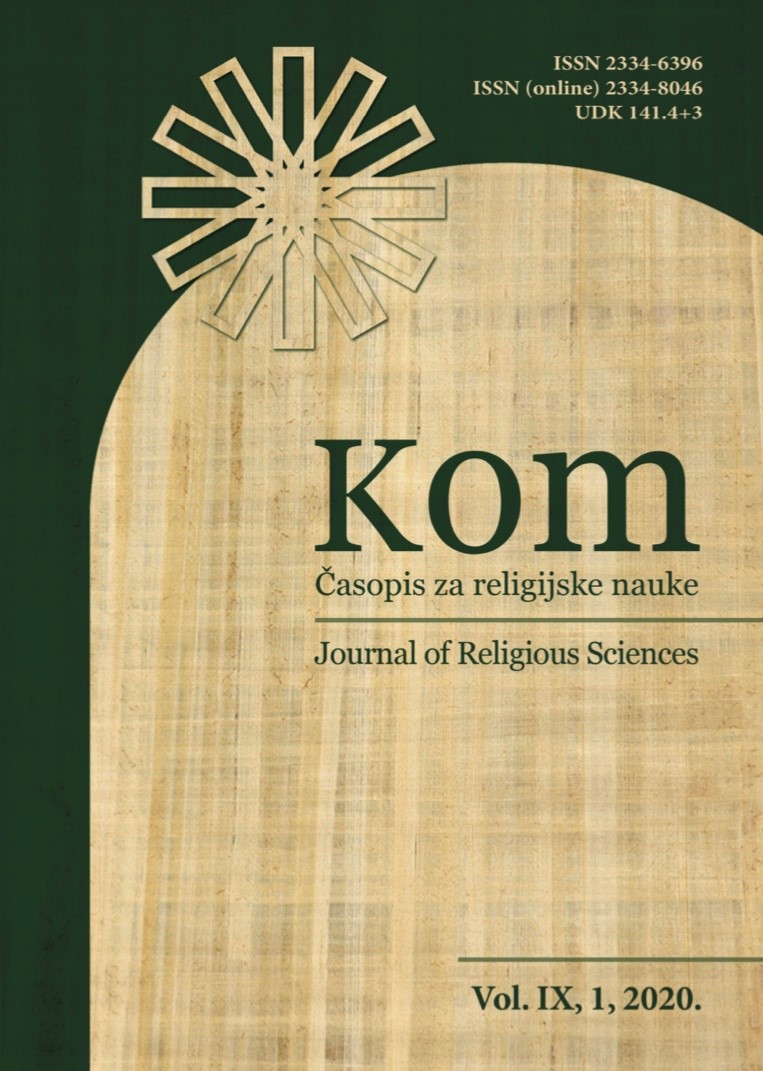
Epistemology is a science that discusses: 1. Human knowledge, 2. Evaluation of the types of human knowledge, 3. Determining the true and false criteria of human knowledge. Although this topic (issue, subject matter), has no long history in the history of science, as an independent science and a branch of philosophy, scholars have never been unaware of the issue of recognition and its value and importance, and attention to this issue is not restricted to recent decades. Also in Islamic philosophy and logic, epistemological topics have been raised sporadically in various dimensions but many of them have an ontological state (approach) rather than an epistemological one. Allamah Tabatabai, as one of the greatest scholars and contemporary Islamic philosophers, discussed in his compilations, directly in some cases, and indirectly in other philosophical discussions, the subject of epistemology. Epistemology includes a variety of topics, but three of them are considered as the most important ones: 1. The definition of knowledge, 2. The possibility of knowledge, 3. The instruments of knowledge. The article analyzes epistemology in these titles from the perspective of Allamah Tabatabai. First, it expresses the importance and necessity of epistemology and then it looks at the historical course of epistemology in the Occident and Islam.
More...
Reason has nonpareil role both for making the components of cognition and obtaining divine knowledge in Shia schools of thought. In epistemology, we would have very few certain prepositions which could be comprehended without mediation of intellect. It is intellect with which foundation of cognition will be formed and the constituents of cognition will be built. In obtaining divine knowledge, it also has a unique function alongside the holy book, tradition, intuition and consensus. Because of the crucial role of reason in Shia school of thought, scientific currents are more rational comparing to Sunni. Schools of philosophy, rational theology, exegeses and principles of jurisprudence are advent in Shia cultural context. We can even say: moderate rationality is the main stream of Shia current that is far from Akhbarits and Tafkiki School, which are exceptional in Shia school of thought. Therefore, religious beliefs, moral values and practical commandments in Shia thinking are more rational. Although reason and rational thoughts were not so important at the time of the Infallibles because they were considered as manifestation of truth, at the occultation age, reason obtained its necessity alongside the text. Thus, it can be said: moderate rationality is an outstanding feature of Shia in Islamic history.
More...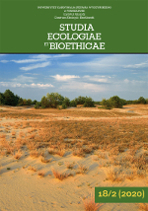
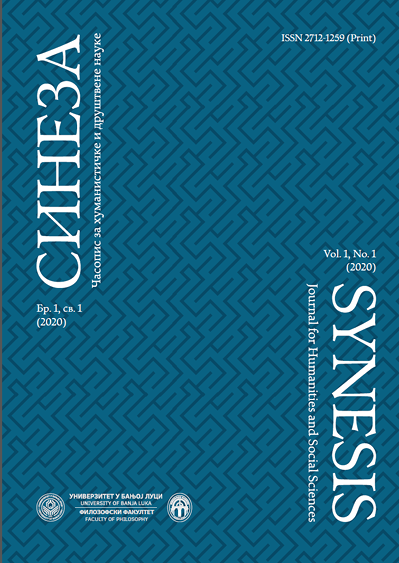
In this paper, the author attempts to determine the contribution of religion to the emergence of medicine and development of medical ethics. The emergence of medical science in Western and Eastern cultures is explained by means of mythology. The morality of Indian physicians is determined by the Hinduistic concept of karma and the eightfold path of Buddhism, whereas the morality of Chinese physicians is conditioned by the ethics of Confucianism and Daoism. The influence of the Abrahamic religions on the practice of medieval medicine is significant. With the coming of the New Age, medicine has been professionalised and medical ethics secularized. Although some antagonism has been discovered between religion and medicine, they still overlap at certain places. The author finds that the contribution of theology to the emergence of bioethics is unjustly marginalised. The inquiry into the relationship between religion and medicine is constructive for medical ethics in terms of professional education, scientific research, and clinical practice.
More...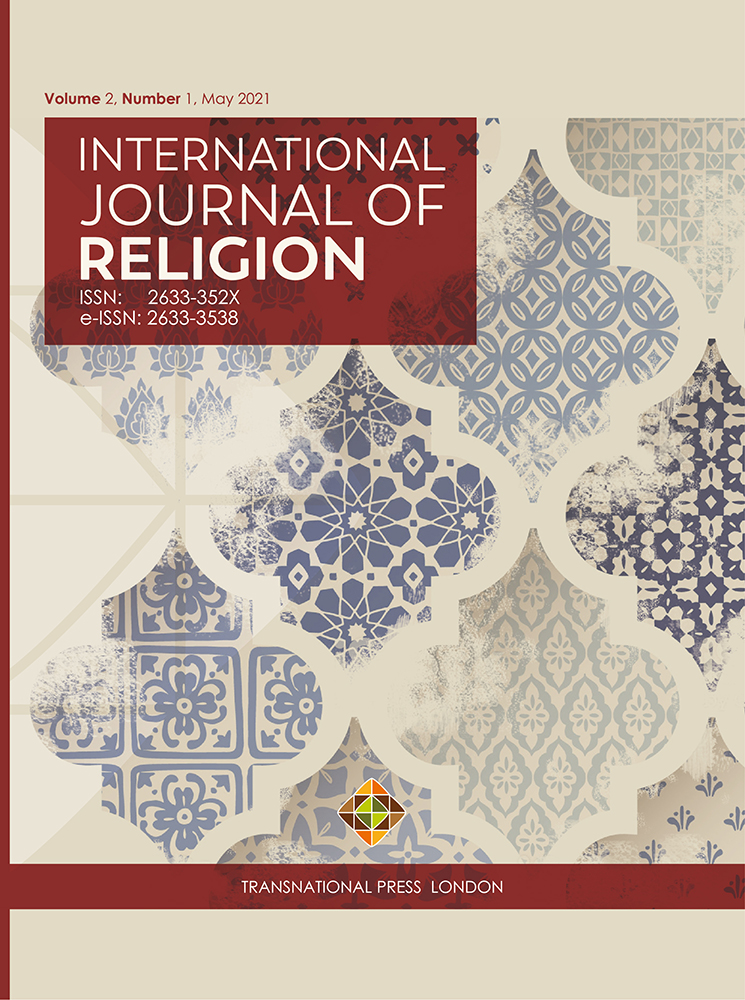
The Coronavirus crisis has undoubtedly changed the landscape of the world. The pandemic has radically changed the way of life of most of the seven billion people in the global community. In the past, people living in uncertain times have sought solace and comfort in God, through the medium of faith. This paper considers historical perspectives of past epidemics and pandemics, comparing and contrasting the themes that arise through relevant religious teachings of Islam and Christianity, with the aim of identifying sources of consolation to contemporary adherents in the current crisis.
More...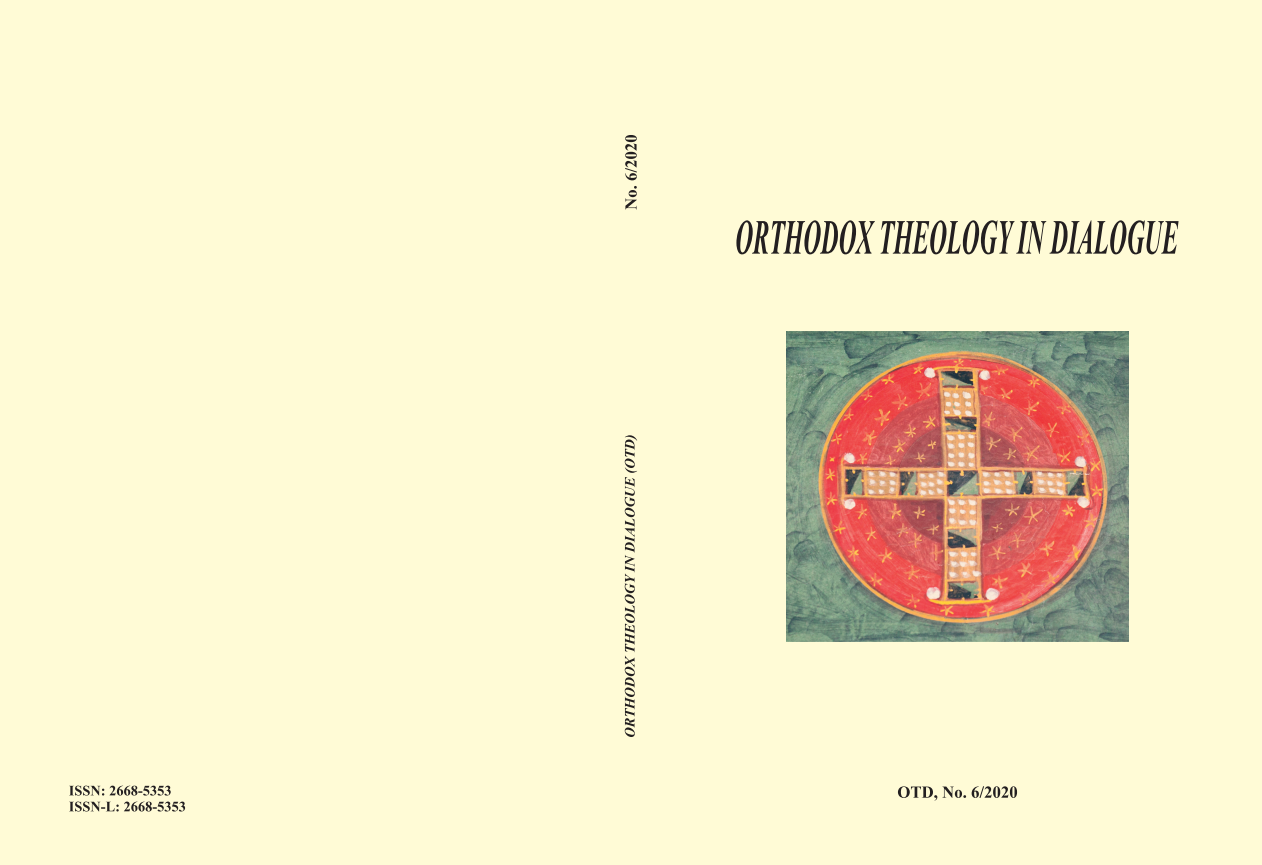
The permanet communion with Christ offers a very complex perspective regarding the cosmological understanding of the world. In this concern, the believers receive a new life and also a new understanding in their personal existence. Through act of the Incarnation the entire world is transfigurated and man become also an important part of this process. Moreover, the history receives a different kind of interpretation because the divine events are present in it. The most relevant prouve is the liturgical life of the Church. In the Holly Liturgy and also in the Holly Sacraments we can always find the permanet proof of the eternal life.
More...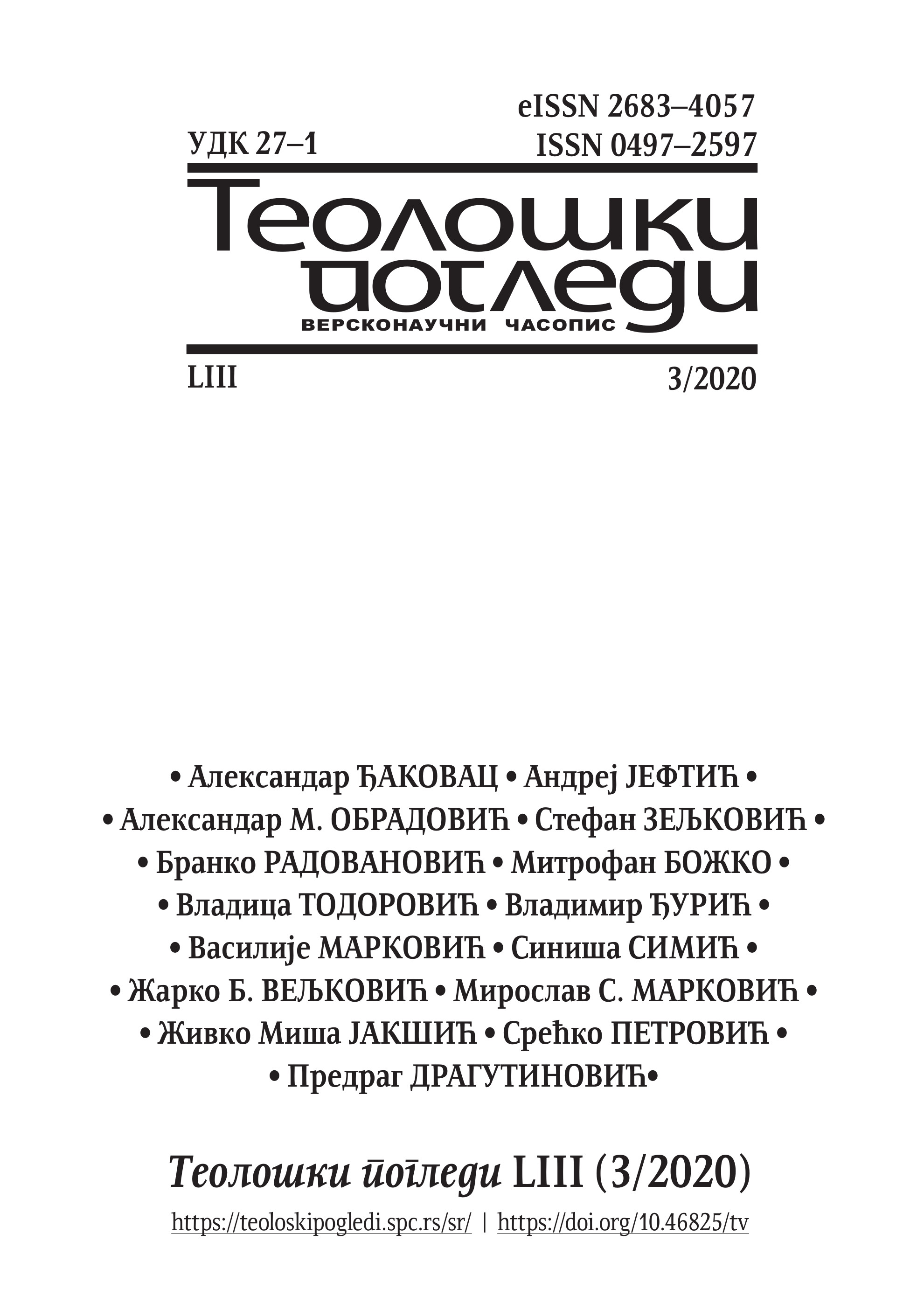
Relaying on Aristotle’s interpretation of pre-Socratic thought or later interpretations of early ancient philosophy it is clear that philosophy and science were conceived with a question “What is the principle of everything”, respectively that philosophical-scientific thought (with the presence of a theological context) begins with cosmological topics. Ever since Hesoid, beyond pre-Socratics until today we can notice attributing divine qualities to the principle, in a greater or lesser extent. Through this work we will see that consideration of principles is the central notion within primitive science, and that nowadays it is not in her range at all: which does not mean that it should be considered as excessive from the aspect of theological and philosophical thought.
More...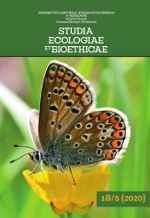
Nowadays, we observe a progressive depreciation of faith together will the degradation of the social environment. It concerns faith in a broad sense here, not only religious but also faith in ideals, in ourselves, and the confidence to other people and to different social institutions. We should not permit the further deflation of faith regarding the role which it plays in the life of people, their thinking, and doing, in integrating them in a world community as a result of globalization. On the contrary, it is necessary to strengthen our faith to care for it. Therefore, it is necessary to create an ecology of faith and to develop large, deep, and many-sided study in this domain, because faith is a means for survival in the present endangered life environment.
More...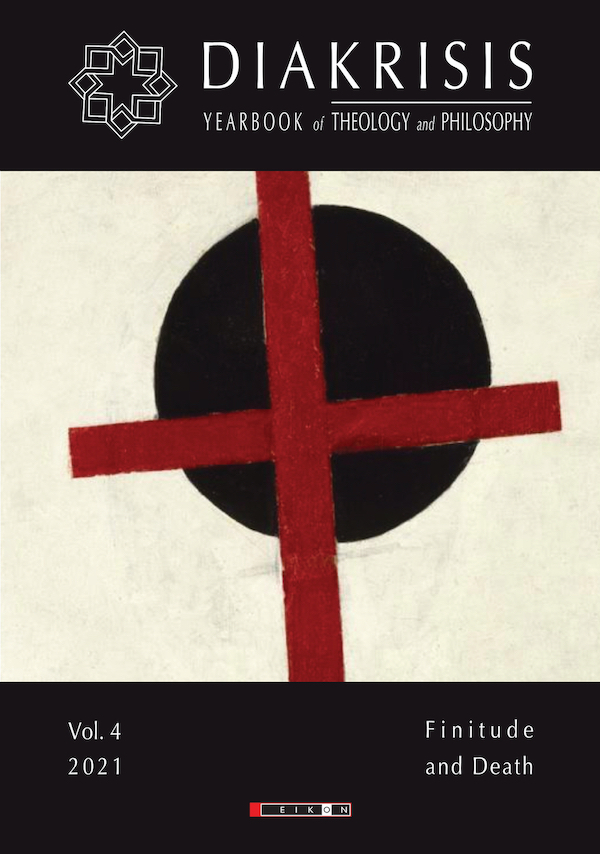
For mankind, death is a great mystery. Throughout history, numerous opinions about death have been issued, in search of its cause, and many ways and means to defeat it have been attempted. Recent scientific developments have not stayed back from the challenge of studying biological life and attempting technological solutions to help people reach an advanced age that is not subject to decrepitude, and perhaps even to achieve immortality. This idea is also present in the transhumanist movement that aims to change human nature through technology and supports the possibility of obtaining a lifespan capable of far exceed the current one. In this text, we attempt to give a possible answer to this transhumanist challenge from an orthodox Christian point of view.
More...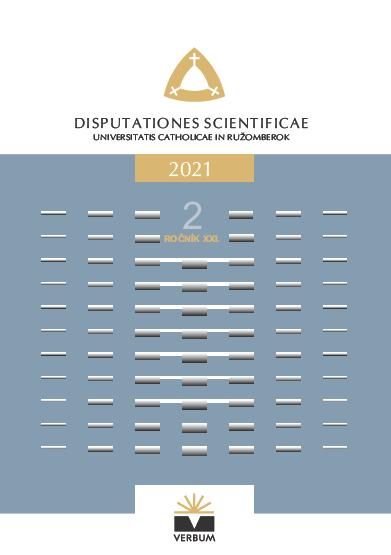
The aim of the article is to describe basic themes (natural universe, man), which form the curriculum of Pierre Teilhard de Chardin's thinking. We analyze Theilard's understanding of the evolution of the natural universe. These are cosmogenesis and biogenesis. In the second part we focus on the origin and evolution of man considering hominization, psychogenesis, socialization and the formation of noosphere. Teilhard's conception escalates in the understanding of Christ as the point of Omega, in which the whole of creation and man find their fulfillment in an eschatological sense. Teilhard's prophetic vision of fulfilling the meaning of the evolution of the universe and of man in Christ is penetrated by deep hope.
More...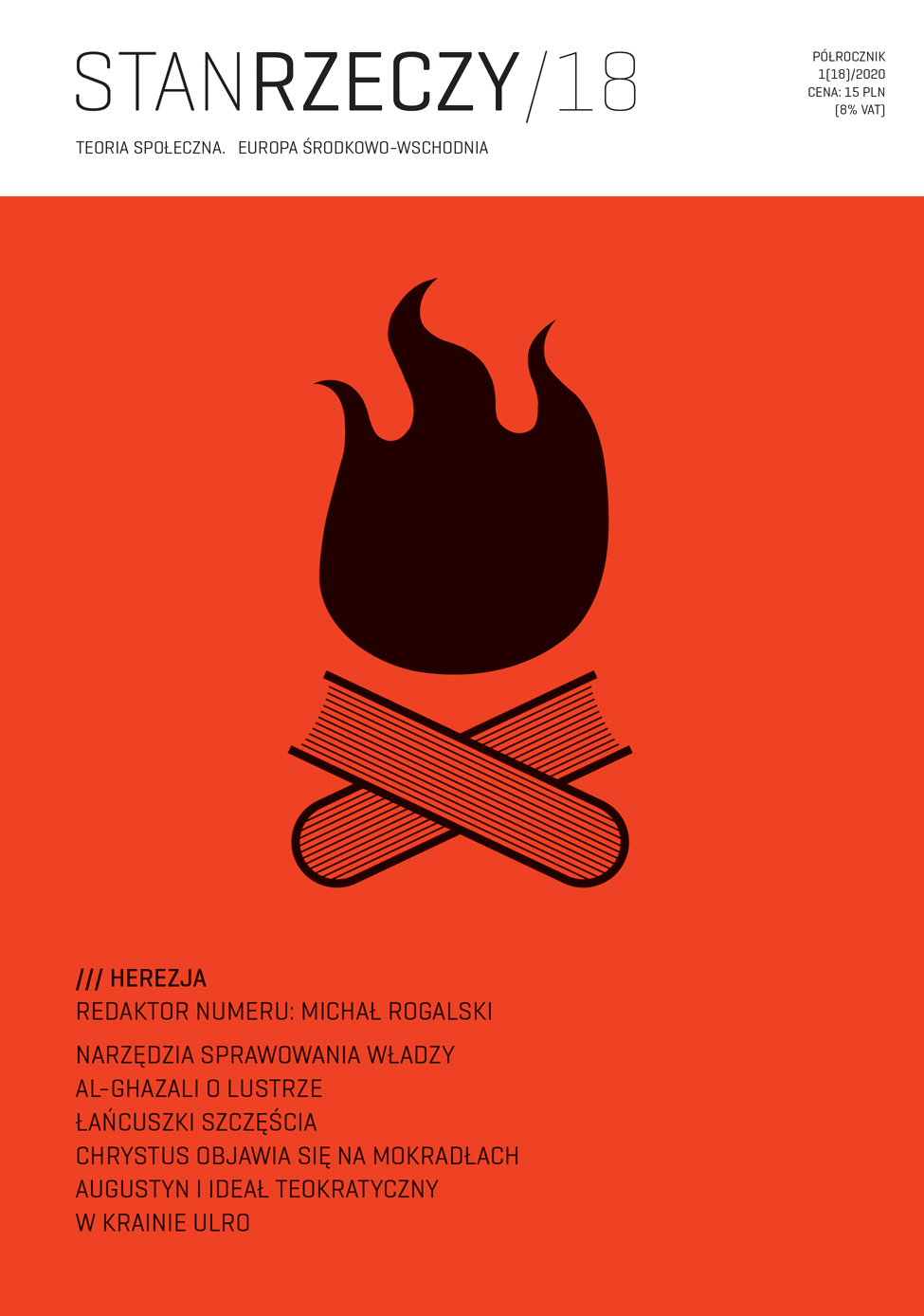
This article discusses the influence of popularised findings of the natural sciences on Western images of the cosmos and the human being, which before the modern scientific revolution were shaped mostly by the Christian religion. The author first analyses the notion of a “scientific worldview” in Czesław Miłosz’s The Land of Ulro, which describes a common way of perceiving reality that is based on a profound trust in the explanatory capacity of science and is linked to the Weberian notion of the “disenchantment of the world.” The author then presents a historical outline of the growing distance between the vision of reality shaped by Christian religion and the truths of the modern natural sciences; he describes the most fundamental changes in the vision of the cosmos caused by this separation. Finally, he discusses the influence of these changes on the human being’s image of himself, referring, inter alia, to the work of Samuel Beckett and William Blake.
More...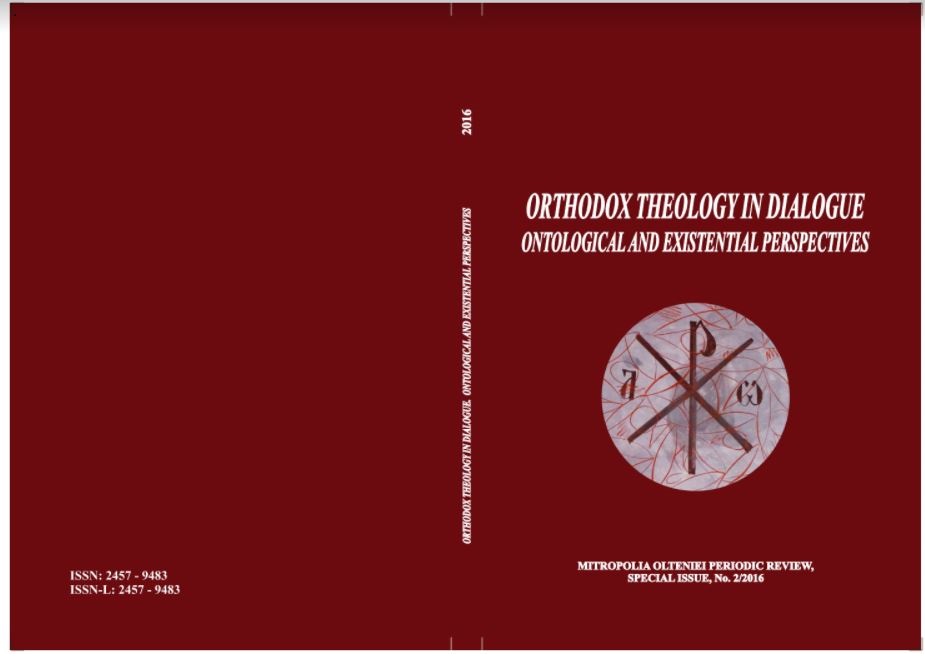
Present cosmology cannot provide any scientific doubtless evidence about the origin and fate of our universe. Present cosmology belonging to the field of either quantum physics or mechanics, or to astronomy is determined by positivist mentality‟s ideal and purpose. Modern science, despite its huge success in various fields, still remained in the area of positivist mentality and culture. Therefore, contemporary cosmology is both neo-positivist and evolutionist. Christian theology must take an interest in the achievements of modern science, but it should not take a risk and start a dialog with a complete deaf and dumb field when it comes to discuss about transcendence. Scientists today accept metaphysical explanations beyond the limits of scientific knowledge, yet not God‟s transcendence as a creator of this world. Some scientists agree to a metaphysical origin of the world, yet not the presence of a personal God who should work or act in the world.
More...
One of the great cultural achievements of Byzantium in its assertion period during the reign of Emperor Theodosius II was the establishment of the first Byzantine University in year 425, in historical-political moments when the New Rome on the Bosphorus, Constantinople, became a strong cultural meeting point for professors, rhetors and phylosophers. In spite of the apparent late dating of this university institution, one must not overlook the fact that, apart from the pagan university in Athens, there were also in the Byzantine environment, from the early ages, high-level teaching schools, some dating back to the time of Constantin and his followers
More...
From the religious point of view an eastern orthodox research in neurotheology could help the different religions to deeply comprehend their possible common roots and mental, cultural and liturgical structures in the perspective of a better understanding and approach of each other. From the anthropologic point of view the research will help for a better understanding of man as both religious and social person. From medical and physiological point of view the research could help to overcome the limits of the brain research efforts, the multicultural religious lore offering to the domains of the cognitive sciences the lacking and the completive insights in the understanding of some of the brain and psychosomatic functions, as these are affirmed by the multi millennial treasure of thinking and spiritual experience of the religious traditions. From moral, ethical and sociological point of view the research will help to clarify the man ethical and social behavior in the more and more complex and confuse social environment of the (post)modernity.The potential risk consists in failing to realize some of our envisaged and desired demonstrations to the proposed objectives, as for example an orthodox and logic understanding in conformity with the new terms provided by neurotheology, of the transcendence and the immanence of the deity in the mystical communion of the soul with God. But in this case the scientific discourse will prove our serious and professional effort, and we will end up our discourse in some sort of hypothetical solutions.
More...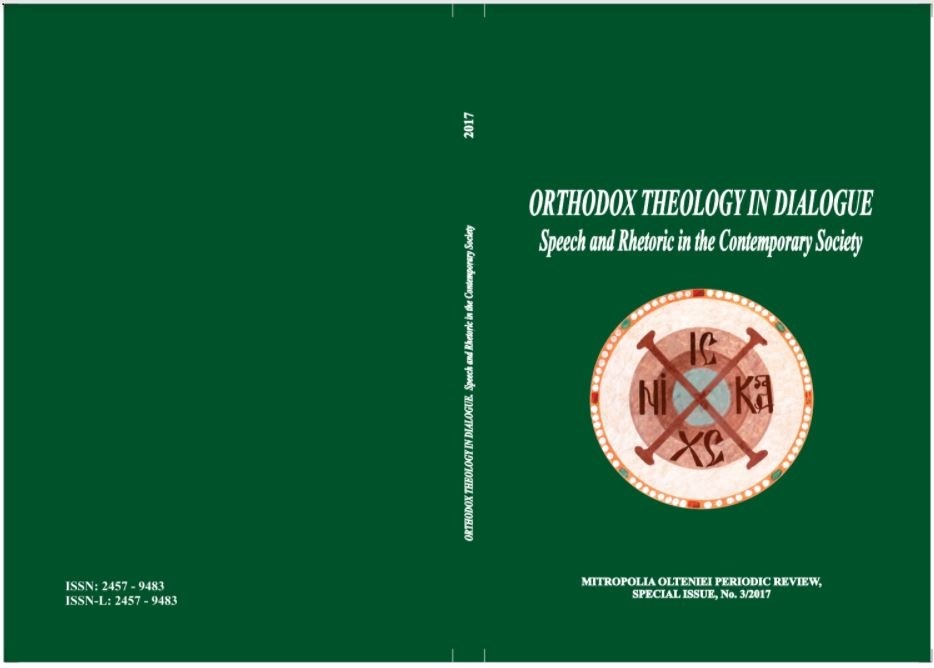
Any theological discourse must employ the pedagogical method of the Supreme and Absolute Teacher; i.e. to be created basing upon the Father's authorship and the Holy Spirit's life-giving power in order to achieve its main objective and purpose, which is, preaching the divine truth for man's greater good, happiness, peace, welfare, and especially for his salvation and perfection.
More...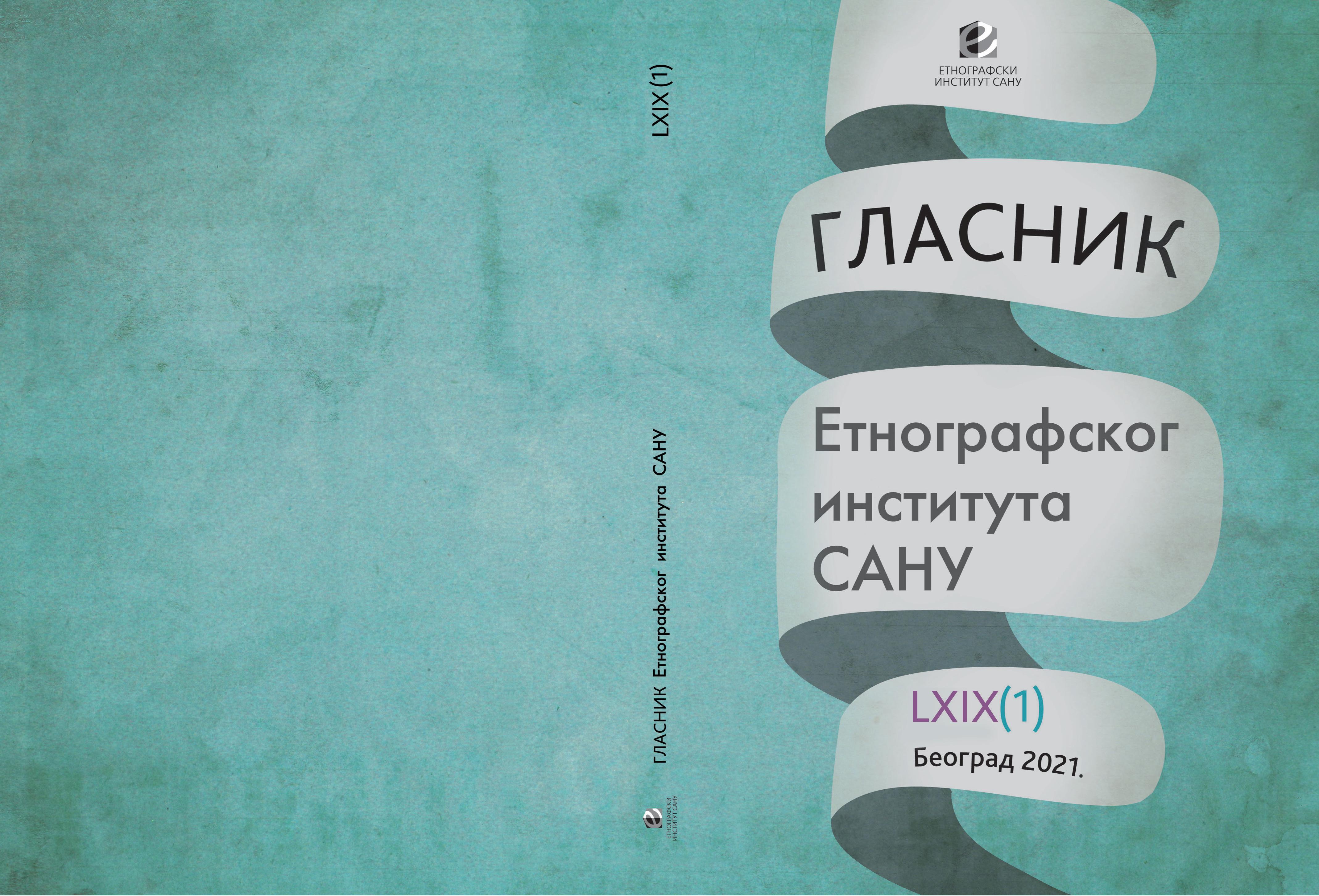
The text provides a summary of the arguments that justify the anthropological pursuit of modern cosmology, especially its receptive and popular expression. It proposes theoretical observation of popular cosmology, especially its cosmogonic segment, as a form of modern secularized myth that contains the characteristics of a conventional folklore narrative. It provides a short set of ideas that contextualize popular cosmology into a culture war waged by certain Christian theologians and secular philosophers at the turn of the millennium. The paper points out potentials of the anthropological perspective of popular cosmology.
More...